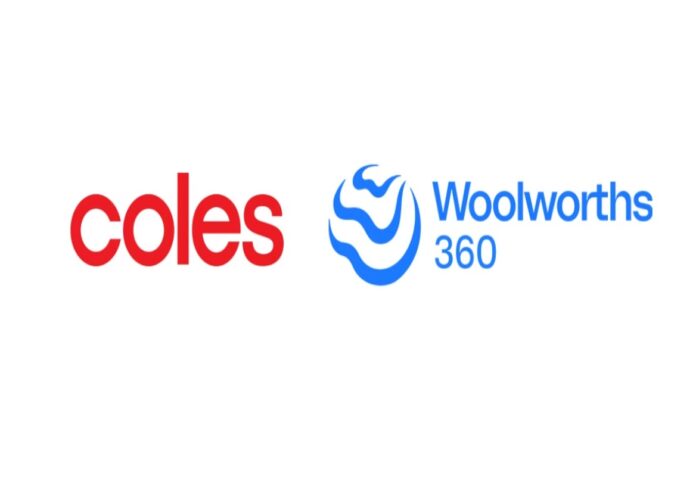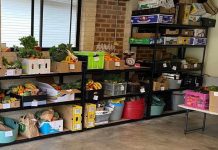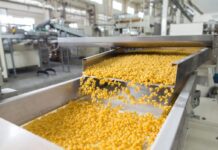
Australian supermarket chains Coles and Woolworths have made an offer to REDcycle to take control of its stockpiled soft plastic and provide safe storage of the material while recycling solutions are explored.
In a media release from members of the Soft Plastics Taskforce, the supermarkets agreed to extend the offer to REDcycle to help prevent soft plastics deposited by customers in New South Wales, Victoria and South Australia.
As part of the offering, Coles and Woolworths will each make an initial multi-million dollar commitment to a Soft Plastics Recycling Contribution Fund, which will be used to pay for the storage and administration of the hoarded waste.
To date, REDcycle has not responded yet. However, REDcycle’s collaboration is necessary, according to the media release, because the recycling business currently has authority over the material and its storage arrangements across several locations, making it difficult for the shops to access and manage the stockpiles.
If REDcycle takes advantage of this chance, the supermarkets will employ an interim strategy, such as carefully storing materials until they can be profitably processed for recycling.
The offer comes ahead of the launch of a roadmap prepared by the Soft Plastics Taskforce in the coming weeks.
Woolworths Group CEO Brad Banducci stated the company is attempting to put things right after learning that REDcycle has not been recycling the soft plastics gathered from businesses.
“Coles and Woolworths have taken this step to provide reassurance to the public that the soft plastics they took the effort to deposit in REDcycle’s bins won’t be unnecessarily sent to landfill,” Banducci noted.
“We know this may take some time. We hope REDcycle will allow us to help get the best outcome for the environment, and restore community trust in our recycling systems,” the Woolworths CEO added.
The offer made to REDcycle, according to Matt Swindells, chief operations and sustainability officer at Coles, reflects the dedication of both supermarkets to find the best environmental solutions for the stockpiles and their consumers.
“Our aim is to continue to work with governments and industry to find workable solutions to soft plastic recycling in Australia so our customers can resume the good work they’ve done over the past decade, in sorting their soft plastic and knowing that it will be recycled,” Swindells said.
Until now, the supermarkets have been refused access to the stockpiled material.
According to the media release, they will need to determine whether any of the soft plastic has degraded to the point where it can no longer be reprocessed.




















